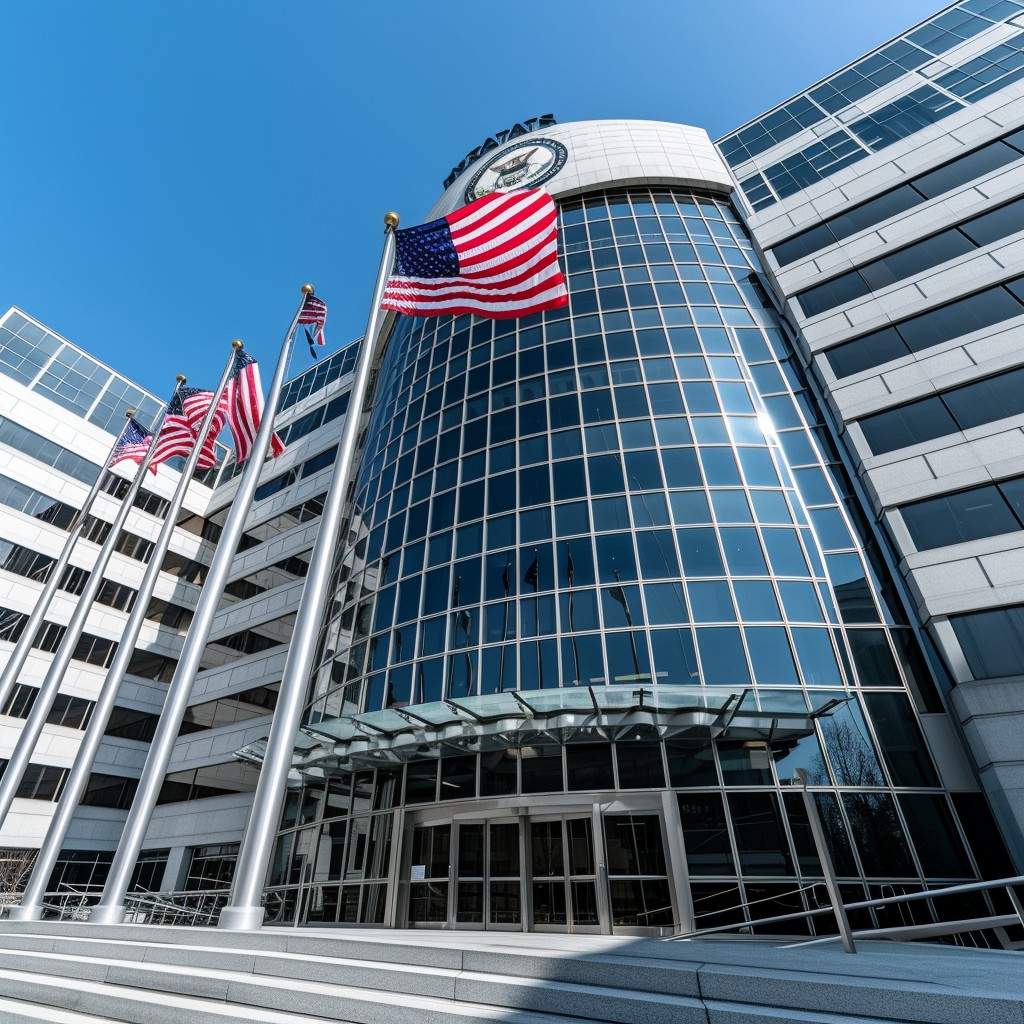In a recent statement, SEC Commissioner Hester Peirce criticized a long-standing rule within the United States Securities and Exchange Commission (SEC) that prevents defendants from publicly criticizing the agency’s claims following a settlement.
This rule, often called the “gag rule,” has been in place since 1972 and is a mandatory term in SEC settlements, the most common way the agency resolves enforcement actions.
Commissioner Peirce voices concerns
Commissioner Peirce voiced her concerns regarding the SEC denying a petition to amend this rule. She argued that the rule undermines regulatory integrity and free speech, raising significant First Amendment concerns.
The specific language of the rule stipulates that defendants must agree not to “make or permit to be made any public statement denying, directly or indirectly, any allegation in the complaint or creating the impression that the complaint is without factual basis.”
Peirce argued that the vague wording of this clause effectively shields the SEC’s allegations from any form of criticism, preventing defendants from defending their positions or denying wrongdoing, even indirectly. She emphasized that this no-deny policy is non-negotiable and can result in defendants being brought back into court if breached.
History of the “Gag rule”
The SEC implemented the no-deny policy in November 1972 with the intention of avoiding the creation of an impression that a sanction or decree was imposed when the alleged conduct did not occur.
However, Commissioner Peirce challenged this justification by pointing out that before the rule’s implementation, the SEC had decades of experience settling cases with settlements that allowed defendants to deny wrongdoing, which did not seem to undermine the agency’s enforcement program.
She further noted that other federal agencies, such as the Federal Trade Commission, explicitly allow settling defendants to deny allegations of wrongdoing, highlighting a contrasting approach between regulatory bodies.
Significance of settlements in SEC enforcement actions
Settlements play a pivotal role in the SEC’s enforcement actions, with Commissioner Peirce noting that they are the most common resolution method. Even well-resourced corporate defendants often find settling a lawsuit with the SEC the most cost-effective option, considering the substantial difficulties, time, and legal costs of fighting the government agency in court.
The SEC has been actively involved in enforcement actions related to the cryptocurrency industry, with 2023 witnessing a ten-year high in such actions. That year alone, the agency initiated 46 enforcement actions against cryptocurrency firms and collected $281 million in penalties through settlements.
Commissioner Peirce’s concerns regarding the no-deny policy extend to these cases, as it limits the ability of defendants in the crypto industry to publicly respond to the SEC’s allegations.
Calls for reevaluation
Commissioner Peirce’s statement has ignited a discussion within the SEC about the necessity and implications of the long-standing no-deny policy. Her argument centers on the need to strike a balance between regulatory objectives and the preservation of defendants’ free speech rights.
The debate surrounding this policy will likely intensify as the SEC grapples with evolving financial markets and technological advancements.





